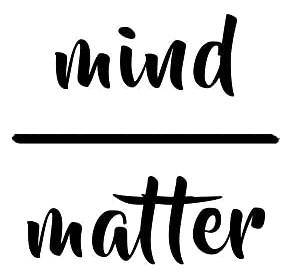Not to be sexist, but men aren't as flexible!
 |
| Tammara stretching a tennis tournament participant |
There are exceptions to almost any rule, but in general males tends to be less flexible than females. Well, at least their bodies tend to be. Some of the reasons are scientific, such as the structure of the body and hormones as stated by many studies including a study published in the Journal of Strength & Conditioning Research 2010. Other reasons are more anecdotal. Most men that I have worked with, including many professional athletes, admit that they do not stretch as much as they know they should. Also, many more women than men enjoy types of exercise regiments that incorporate stretching such as yoga. What ever the reasons, we need to loosen up our men!
The importance of muscle flexibility lies in the improved range of motion. Take for example you are playing a game of tennis. Suddenly the ball is flying just outside your reach. Regardless, you instinctively try to make contact with the ball despite the fact you have no stretchy super powers that you are aware of as of yet. Ouch! You immediately know something doesn't feel right, and so starts the days, weeks, maybe even months, of trying to figure out what you did and how it can be fixed. Muscle-pulls happen, as do tears, but when muscles are adequately flexible it minimizes that from happening. This is an example of an injury situation, but sometimes muscle pain can develop slowly over time from overuse and overly tight muscles. If the discomfort is miserable enough for long enough, you are off to see the doctor, which usually leads down the path of a physical therapist appointment. And what does the therapist usually focus on? Stretches... Right? Not only does being flexible help prevent problems from happening, but once a problem develops, often flexibility is the cure.
Many times in our line of work, people come to us for help after a muscle pain as become a real pain, and they're willing to try anything that could be a possible solution. Between our various techniques of massage and the fact that we specialize in sports massage (therefore incorporate stretching when needed) relief is often found. What's far superior to suffering through GMS (grumpy muscle syndrome), is implementing a regular flexibility routine into your weekly activities, so to minimize the incidents of muscle pulls and pains to begin with.
 |
| Marsha's Bio |
- Always stretch after a work out of any kind.
- Stretch preferably everyday, but at least 4 times/week.
- Stretch to the point of feeling the stretch, not feeling pain.
- Hold the stretch for at least 30 seconds.
- Do not bounce stretch. Static stretching is safer
- Stretch each major muscle, don't skip any!
- Never stretch "cold" muscles. Always be warmed up.
Rather a man or woman, if you are new to this, its highly recommended to hire a fitness trainer to learn the many types of stretches to do and how to properly do them. If you are having a massage with us, we are all qualified, experienced sports massage therapists that can not only stretch your muscles during the massage, but will also give you some stretches for you to continue to do on your own. If you're interested in more information about sports massage check this out: http://www.sandiego-massage.com/sports-massage.htm
 |
| View from massage rooms |
Massage Extraordinaire
San Diego Tennis and Racquet Club
4848 Tecolote Rd. San Diego, Ca
Appointments (619) 295-3516



This is the perfect blog for anybody who really wants to find out about this topic.
ReplyDeleteSwedish Massage therapy